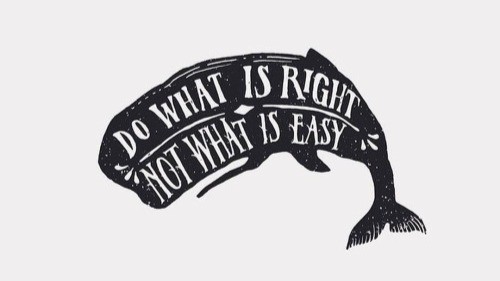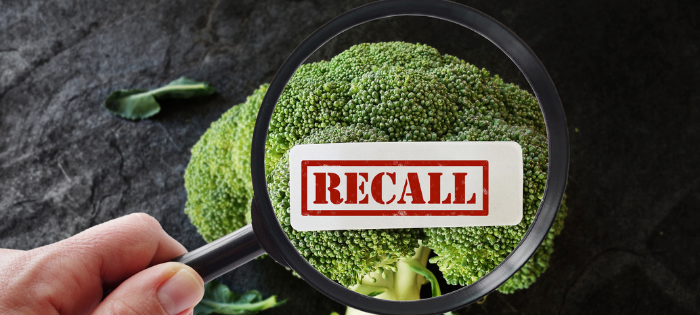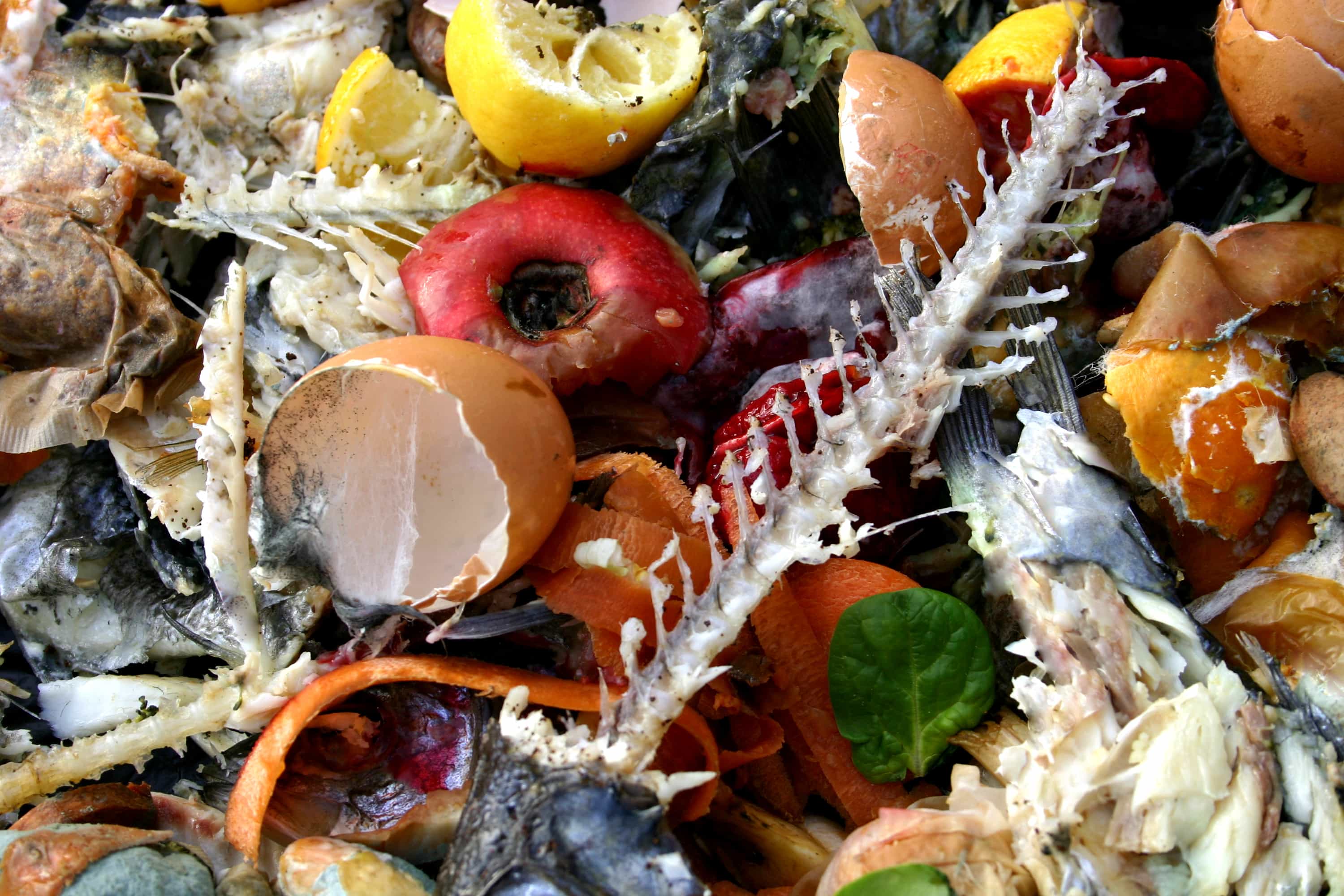June 18, 2025
FSMA Rule 204: Food Safety Investigation Scenario Planning
FDA traceback investigations under FSMA Rule 204 demand more than mock recalls—this two-part guide helps teams proactively plan for real scenarios, data requests, and compliance with traceability requirements.


Has your team considered scenarios for FDA traceback investigations?
Scenario planning is important because Rule 204 requirements necessitate a comprehensive and rapid response, unlike when you conduct a mock recall.
We recommend a proactive approach - by developing food safety investigation scenarios to test your traceability and FSMA Rule 204 solution.
In Part One of this article we discuss one of several types of traceback requests from the FDA.
In Part Two we provide a structured approach to ensuring you’ve done the necessary planning and solution design to successfully progress through an investigation.
Part One:
When the U.S. FDA initiates a food safety investigation—especially under the Food Safety Modernization Act (FSMA) Rule 204—it may request specific information to quickly trace contaminated or potentially hazardous food products through the supply chain. Before providing a breakdown of typical FDA requests for information and how the electronic sortable spreadsheet comes into play, let’s consider a real-world scenario.
Scenario – Your company distributes fresh foods on the FSMA Rule 204 Food Traceability List (FTL), specifically fresh cut yellow onions. These onions are received from an upstream supplier as freshly cut and packaged in bulk. Your company distributes these onions downstream to retail restaurant customers. An outbreak of E. coli has been detected, and the onions are the primary food suspected of being the source of the food born pathogen. However, other fresh cut vegetables are also linked in the investigation.
A contact at the Coordinated Outbreak Response and Evaluation network (CORE) contacts your company after receiving Electronic Sortable Spreadsheets (ESS) from several restaurants linked to the outbreak. They request an ESS from you for all fresh cut onions, romaine lettuce and freshly cut tomatoes received and shipped between May 26th to June 12th. This may be accompanied by officials from CORE conducting physical visits to suspect locations and points of handling and distribution.
Your company is then obligated to produce an ESS for the products within the date range provided by the FDA.

Part Two:
Now, back to what the FDA will be looking for specifically.
Types of FDA Information Requests in a Food Safety Investigation
- Traceability Lot Codes FDA may request traceability lot codes for a specific food item to determine origin and movement. This includes both inbound (received) and outbound (shipped) lot information.
- Key Data Elements (KDEs) Associated with Critical Tracking Events (CTEs) Under FSMA 204, firms must capture and share KDEs for CTEs such as: Growing Receiving Transformation Shipping FDA may request a full history of KDEs for a product linked to an outbreak or recall.
- Electronic Sortable Spreadsheet (ESS) Submission The ESS format is a core requirement under FSMA 204 when responding to traceability information requests. It must: Be in an electronic format (e.g., Excel or CSV) Be sortable, allowing FDA to filter and analyze the data efficiently Include required KDEs organized in a structured table
The remainder of these may be less important depending on the accuracy and confidence in the data in your ESS. However you should expect to be asked to produce these additional records.
- Transaction and Product Flow Records Invoices, bills of lading, batch records, or other documentation that show the movement of food through the supply chain.
- Supplier and Customer Information Details of the entities that supplied or received the product, including location identifiers (e.g., GLN, FDA Establishment Identifier).
- Records of Kill Steps or Validated Controls If the food underwent a kill step that removes it from the Food Traceability List, proof of this may be requested to confirm exemption.
Can you think of other traceback scenarios worth discussing?
For more on how US authorities conduct food safety investigations see the following resource: https://www.fda.gov/food/recalls-outbreaks-emergencies/outbreaks-foodborne-illness
Used by the world's leading companies













































Take the First Step
Contact Tim directly to address your traceability and sustainability concerns.






